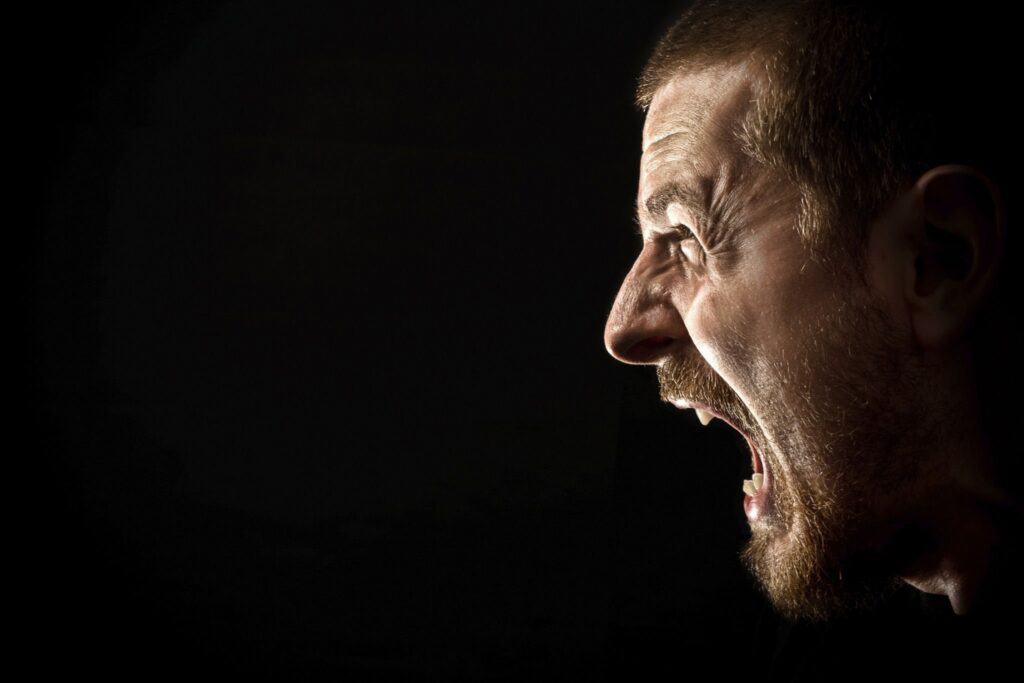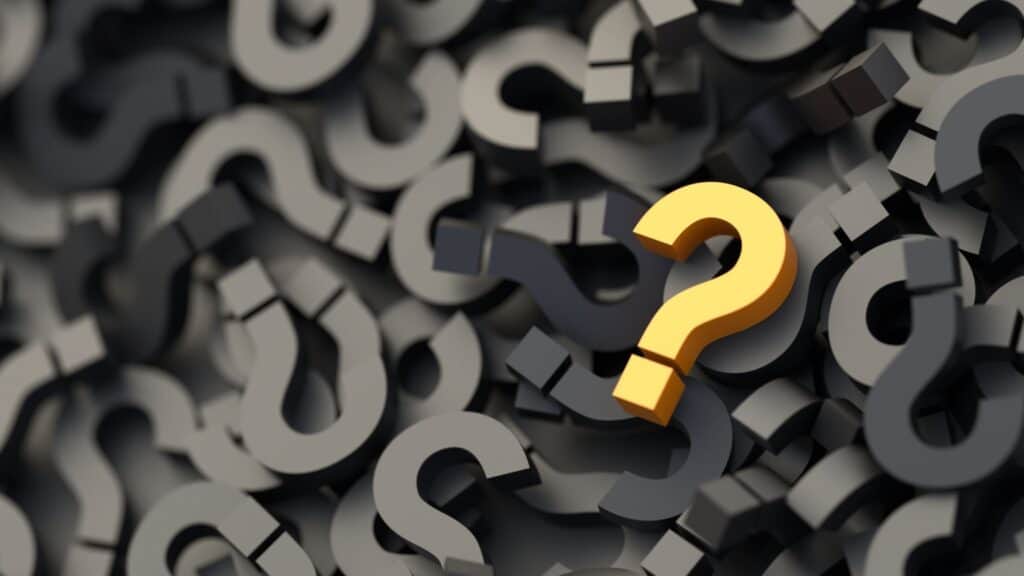What Is the Halo Effect?

Read More: In this article, we explore undeniable signs that highlight the significance of looks in our society: “Do Looks Matter? 4 Signs That Prove Looks Matter.”
The “halo effect” is a form of cognitive bias where we attribute positive traits to those who we find physically attractive. The halo effect is sometimes known as the “physical attractiveness stereotype”. The halo effect also can also apply to things other than your looks, like sociability or kindness.
The term “pretty privilege” is a common slang that is defined as “A person who has more opportunities and success simply because of how attractive they are”
Pretty privilege is another term for the halo effect.
“Lookism” is a term that describes the reverse halo effect. Also known as the “horn effect”. “Lookism” is a word for discrimination or prejudice against people based on their physical appearance. And gender expectations. Lookism applies to both attractive and ugly people.
The halo effect is such a common phenomenon, that most people will acknowledge it. We all know how powerful being attractive is.

Why Do We Call It “Halo?”

The “halo” portion of the word refers to the religious idea of a glowing white angel with a ring over its head (Not to be confused with the Halo series). Or the ring above the head of those who achieved sainthood. Halos symbolize goodness, holiness, divinity, and trustworthiness. The effect of being attractive is that we apply those traits to that person in general.
How The “Halo Effect” Manifests

Now that you know what the halo effect is. We’ll explain how the halo effect manifests itself in different areas of our life. Here are a few examples:
The Halo Effect In School
In the classroom, teachers may assume that a well-behaved student is more academically motivated and bright before they have seen the student’s capacity.
A more recent study compared the difference in grading university courses when professors could or could not observe the appearance of their students.
The more attractive students performed worse in online classes when the instructors could not look at their students.
The Halo Effect At Work
In 2015, a study examined the impact that an employee’s looks had on their earnings based on the tips collected from restaurants in the Virginia area. It was discovered that attractive servers earned $1,261 MORE per year than servers who were seen as uglier.
The customer-based lookism in the workplace is very real. Female customers tended to tip the more attractive-looking females more than unattractive females.
The Halo Effect On Crime Sentencing
Another study done by Michael G. Efran revealed that criminals who were attractive were much more likely to receive lesser penalties than unattractive criminals for the same crime. It was believed that more attractive persons would have better prospects in their future once released than less attractive ones.
The Halo Effect When Being Recruited For A Job
Trying to land that new job? Whoever is in charge of hiring will likely put more focus on candidates who have a striking presentation or charismatic attitude. Ake two candidates assume they have the same education and experience level. The decision on who lands the job will come to is more likable in the eyes of the higher-ups.
How The Halo Effect Is Used In Marketing

Corporations are very much aware of the power of the halo effect. You likely won’t see advertisements with a fat unattractive model as the spokesperson. Not only people but food as well. Fast food restaurants are notorious for using perfectly curated food photos.
Here are some of the sneaky tricks that food advertisers use to manipulate you into buying from them.

The Reverse Halo Effect

Now that you know what the halo effect is. You can probably guess what the reverse halo effect is. The reverse halo effect (also known as the “horn effect”) is a psychological phenomenon where we assume negative traits about a person (without evidence) when we deem them unattractive.
The negative traits may include immorality, repulsiveness, untrustworthiness, and a few others.
Knowing how much benefit for an attractive person the halo effect. The opposite is true for the horn effect. Even having an amazing character, ugly people will experience more adversity and hardship simply due to their appearance.
Frequently Asked Question

What does cognitive bias mean?
Cognitive bias is the tendency for us as humans to filter information through our own personal experiences and preferences. Cognitive bias is a coping mechanism that allows us to filter the information we take in easily.
What are the 7 types of cognitive bias?
There are 7 major types of cognitive bias:
- Confirmation bias
- Hindsight bias
- Self-serving bias
- Anchoring bias
- Availability bias
- Framing effect
- Inattentional blindness
How do you know if you have a cognitive bias?
A good indicator of your own cognitive bias is paying attention to news that only confirms your own opinion.
Another indicator would be the tendency to blame outside factors when things don’t go the way you planned them.
A very common sign of cognitive bias is attributing your own success to your own merits, but assuming others’ success is a result of luck.
Verdicts

The halo effect could be your most powerful weapon. Or the horn effect could be an unwanted weight holding your life back. By improving your looks, you can make sure the latter never happens. Read the free guides here and start your journey.





